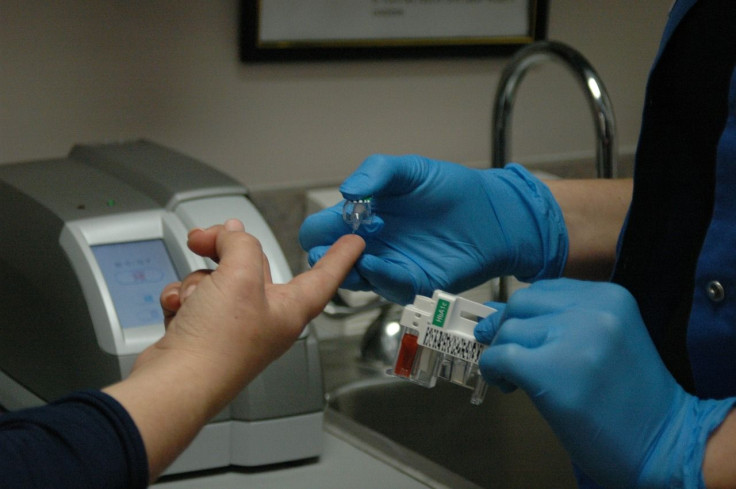People With Type 1 Diabetes Face Increased Risk For Some Cancers

Type 1 diabetics may be at greater risk for certain types of cancer, according to a new study published in Diabetologia.
Up until now, the study authors reported the link between diabetes and cancer has not specified the type of diabetes, Type 1 diabetes, also known as juvenile diabetes, occurs in 5 percent of people with diabetes — the body does not make insulin, so those with the disease rely on insulin therapy their entire lives. Not only is Type 2 diabetes more common, but in many cases insulin resistance can be improved with healthy eating and exercise (possibly even Weight Watchers, according to this study).
"It is possible that the relationship between type 1 diabetes and cancer is different from that observed between type 2 diabetes and cancer as a result of differences in the underlying disease characteristics, drug therapies and patterns of risk factors, such as obesity," the study authors wrote.
To better understand cancer incidence among Type 1 diabetics, study authors followed people with the disease until their first cancer occurrence, death, or study end date — whichever came first. Their analysis ended up including more than 9,000 cancer cases across five countries, as well as data from five nationwide diabetes registers so as to be able to compare cancer incidence among people with Type 1 diabetes to the incidence among the general population.
Of the patients with Type 1 diabetes, 85.2 percent with a "verifiable diabetes diagnosis" were subsequently diagnosed with cancer. The disease "conferred an excess risk" of certain cancer types, including stomach, liver, pancreas, endometrium, and kidney cancer. However, there was lower incidence of prostate cancer in men and breast cancer in women compared to the general population.
Incidence rates varied further when the authors measured for sex-specific cancers. Women with Type 1 diabetes had a "marginally elevated incidence" of cancer overall, at 7 percent; while men had no increased overall risk.
"We found that the cancer incidence was substantially higher in both men and women with type 1 diabetes during the first year of follow up compared with a longer duration of diabetes," the authors wrote. "The cancer incidence subsequently decreased to that of the general population after approximately 20 years of follow up for men and after 5 years of follow up for women."
Other studies have demonstrated diabetes affects men differently, and in some instances better than women. A 2013 study found male diabetics (no one specific type) are thought to "live more effectively" with diabetes, including lower rates of depression and anxiety, plus more energy and better well-being. And a 2008 study published in Diabetes Care found weight loss led to a greater reduction in diabetes risk factors in men compared to women.
For now, the study authors said there's insufficient evidence to change the policy for cancer screening in people with Type 1 diabetes.
Source: Cartensen B et al. Cancer incidence in persons with type 1 diabetes: a five-country study of 9,000 cancers in type 1 diabetic individuals. Diabetologia. 2016.
Published by Medicaldaily.com



























